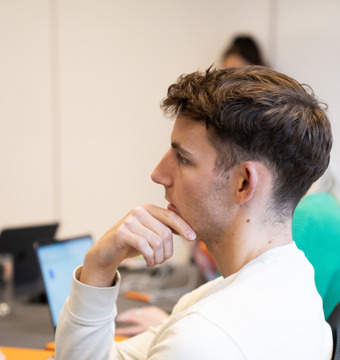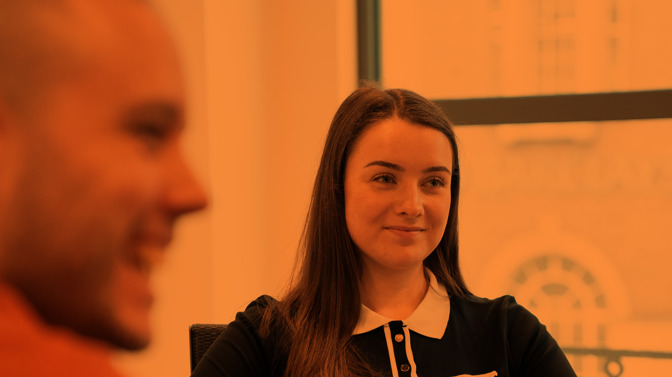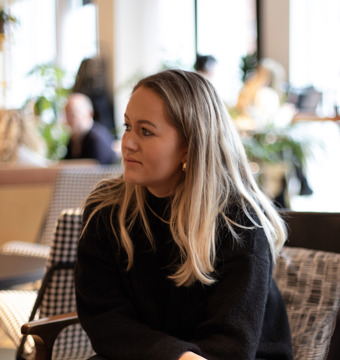Creating The Intelligent Enterprise Mission-led, human-first, technology-enabled.


Sullivan & Stanley helps ambitious organisations become truly adaptive — using technology, data and AI to work smarter, move faster and stay ahead. We call this the Intelligent Enterprise: where people and machines collaborate seamlessly, decisions are powered by real-time insight and change becomes part of everyday business. In a world moving at the speed of AI, standing still isn’t an option. We help close the gap between strategy and execution — and build the capabilities that set tomorrow’s leaders apart.
Creating clarity from complexity


We provide world-class consulting and capacity services built to meet the real-world challenges of modern transformation. Whether you're shifting to a Product Operating Model, building change-ready teams or embedding AI into day-to-day delivery, we bring the right expertise, capacity and ways of working to unlock progress and make change stick.
- check_circle Build resilient, customer-centric organisations in unpredictable environments
- check_circle Turn fragmented strategy into end-to-end transformation and adapt operating models to unpredictable demand and fragmented channels
- check_circle Overcome legacy technology constraints to enable agility and scale personalisation without losing trust
- check_circle Close skills gaps and enabling future-ready workforces and compete in a marketplace and ecosystem-driven economy
- check_circle Turn data into actionable insights across the enterprise and realise value from AI and automation investments
- check_circle Embed sustainability and trust as competitive differentiators
Our approach is different


We work with you, as true partners, to achieve your outcomes. Our award-winning Mission-Based Working approach provides truly transformational, strategic change for your toughest challenges. Our consulting services deliver clarity and value against your critical business needs. Our capacity services provides industry SMEs and scaled expert teams to take strategy through to full implementation. We co-create solutions with your people, embed new ways of working and leave you with the capability to continue without us.

Our Founder's Story
Our mission extends beyond delivering results; we aim to inspire and develop the future of work, creating a better environment for everyone, especially for our children's generation. Founded in 2016 by Pat Lynes, Sullivan & Stanley was born out of a desire to challenge traditional consulting models that often lead to transformation failure. Named after Pat's kids, Sullivan and Stanley, our company embodies a commitment to building a better future for the world of work our children will inherit.

We’ve helped some of the world’s most ambitious organisations cut through complexity, unlock value fast, and build the capability to keep changing.
From energy and retail to tech, finance and government — our work delivers measurable, lasting outcomes that speak for themselves.

Meet MissionHub.ai
The smart way to build teams that deliver. MissionHub uses the science of collective intelligence to assemble high-performing teams around your most critical missions — fast. From skills to cognitive diversity, it finds the right mix to unlock results from day one.
Ready to make change happen?


Let’s turn your strategy into action. Whether you're defining your next move or scaling what’s already in flight, we help you accelerate delivery, unlock value fast, and build the capability to keep changing.

















